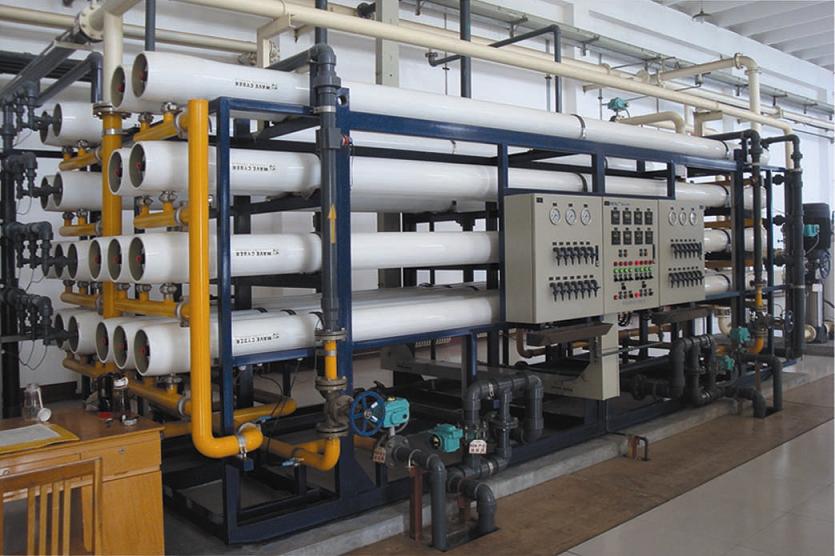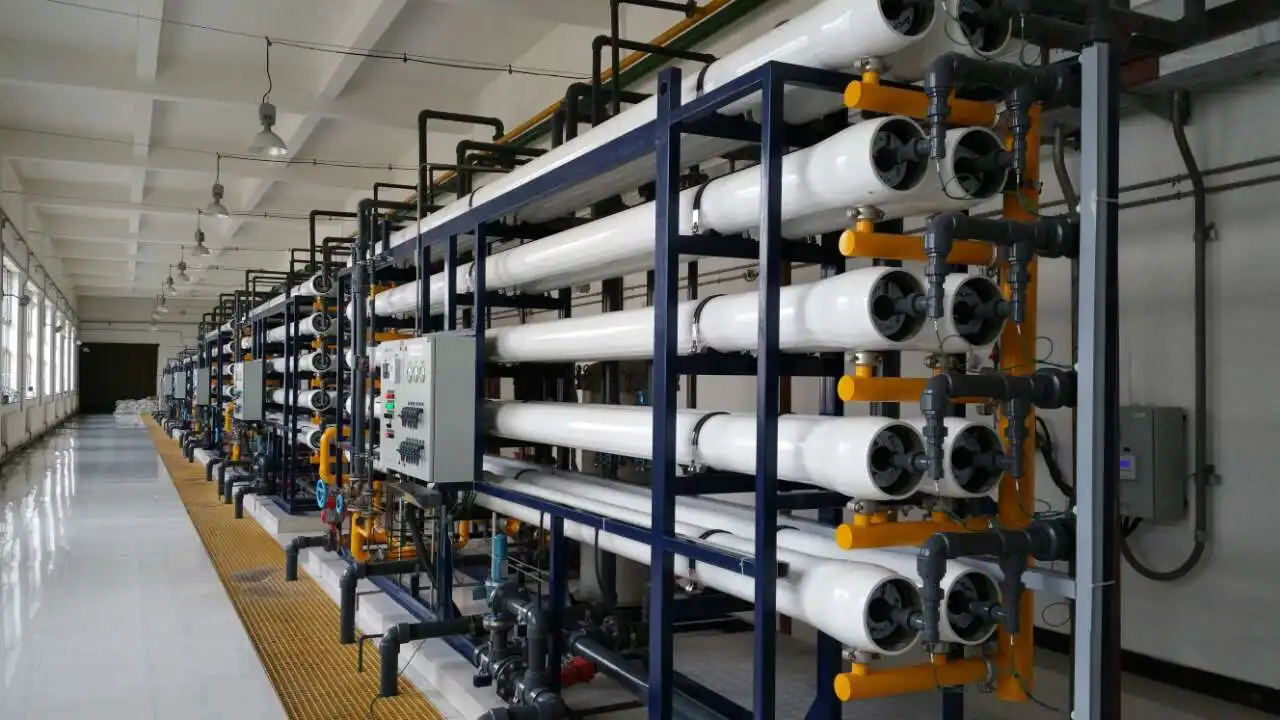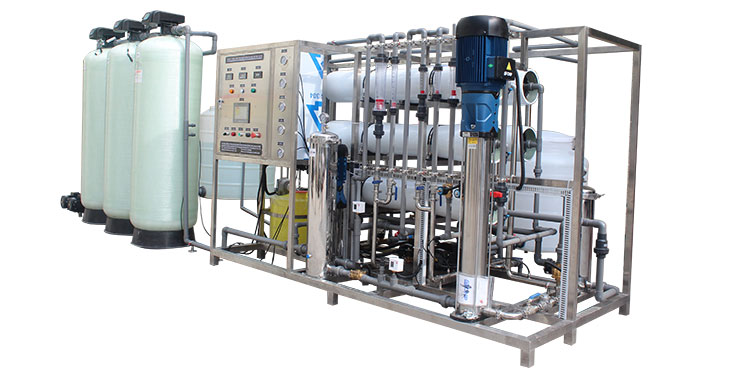What is the freshwater production efficiency of the water purifier for salty water?
On a global scale, the scarcity of freshwater resources is gradually becoming an urgent issue. Faced with the increasingly severe water crisis, the technology community has been seeking innovative solutions, among which the water purifier for salty water has become a focus of attention. The core goal of this technology is to effectively treat saline water, improve freshwater production efficiency, and provide more sustainable water resources for various regions.
1. Salt water treatment system using high-efficiency membrane technology
In the development of salt water purification systems, high-efficiency membrane technology is considered a key breakthrough. Traditional salt water treatment methods usually use distillation or evaporative crystallization, but these methods have the problems of high energy consumption and high cost. Efficient membrane technology can more effectively separate salt from water by using specially designed membrane filtration systems, thereby improving the efficiency of freshwater production.

2. Balance between energy efficiency and sustainability
The freshwater output efficiency of the salt water purification system not only depends on the progressiveness technology, but also involves the use and sustainability of energy. At present, some advanced systems use renewable energy sources such as solar and wind energy as driving forces, making the entire processing process more environmentally friendly and economical. The balance between energy efficiency and sustainability is a key factor in ensuring the long-term operation of salt water treatment systems.
3. Application of intelligent monitoring and regulation system
The efficiency of the salt water treatment system is also affected by water quality fluctuations. The introduction of intelligent monitoring and regulation systems can timely detect changes in water quality and automatically adjust treatment parameters to ensure efficient operation of the system under different conditions. This intelligent management method makes the salt water purification system more adaptable and stable.

4. Challenges of System Integration and Optimization
Although significant progress has been made in the technology of salt water treatment systems, system integration and optimization remain a challenging task. The changes in environmental factors such as water quality and climate in different regions require the system to be able to adapt flexibly, and the complexity of salt water treatment systems also increases the difficulty of integration and optimization. Researchers are working to break through these technological bottlenecks to better meet the freshwater needs of various regions.
5. Economic and social impact considerations
The efficiency of freshwater production in salt water purification system is not only a technical issue, but also involves economic and social impacts. In addition to technical feasibility, the construction and maintenance costs of the system are also factors that cannot be ignored. Meanwhile, the impact on society, such as fair allocation of water resources and community participation, also needs to be fully considered in system design.

6. International cooperation and innovation
On a global scale, water resource issues are a common challenge. Therefore, international cooperation and innovation are particularly important. Sharing experience, resources, and technology can accelerate the development of salt water purification systems and provide efficient freshwater solutions for more regions. The international community should work together to promote the development of salt water treatment systems towards greater intelligence and efficiency.

The efficiency of freshwater production in salt water treatment system is a comprehensive issue that involves multiple aspects such as technology, energy, environment, and society. By introducing efficient membrane technology, balancing energy efficiency and sustainability, and applying intelligent monitoring and regulation systems, the freshwater production efficiency of the system can be improved to a certain extent.




